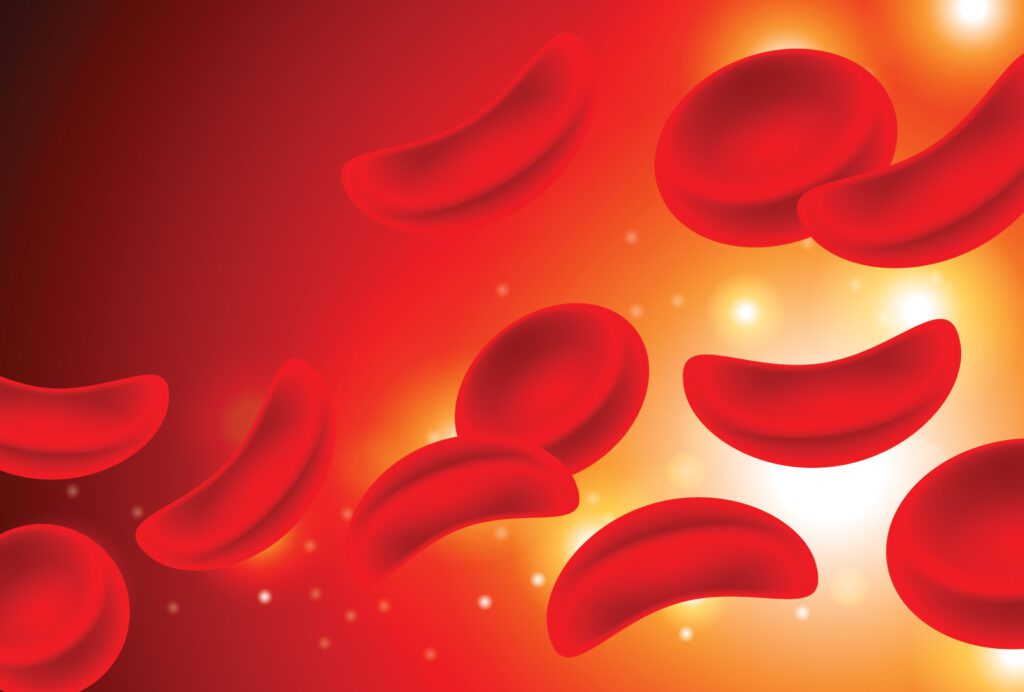Living with pain is difficult, and those with Sickle Cell Disease (SCD) know the challenges first-hand. It’s not a disease one can catch. It’s an inherited blood disorder present at birth that causes red blood cells, shaped like a sickle (C-shaped), to stick together and block blood flow and oxygen to parts of the body. All babies born in the U.S are screened for this disease. People with SCD experience a “Pain Crisis,” which can lead to anemia, infection, and other serious health problems. SCD can often require hospitalization and multiple visits to your provider.
SCD affects around 100,000 Americans, according to the Centers for Disease Control and Prevention, and impacts mostly the African American population but can affect any race. Central Florida Health Care Chief Medical Officer Dr. Cara Nelson James says individuals with sickle cell trait can pass along the sickle cell gene even if they don’t have the disease. Knowing your status is key, especially if you have any family history of sickle cell disease or sickle cell trait. Since there is a chance to pass the gene to unborn children, reproductive counseling and planning are important.
Individuals with SCD can still have full lives. Quality medical care from a trusted provider can help prevent serious problems. For example, adults and children need to receive regular health check-ups. Common illnesses can become dangerous for children, so hand washing, proper food safety, and getting annual vaccines, like the flu vaccine, are extremely important.
Healthy habits and lifestyle behavior can also help prevent SCD complications. Drinking plenty of water, avoiding high altitudes, avoiding places or situations with exposure to low oxygen levels, including exercising extremely hard can help. It’s important as well to not get too hot or too cold.
Blood transfusions can also treat severe anemia. Talk with your provider when deciding how to care for yourself with an SCD diagnosis. Bone marrow or a stem cell transplant is a possible cure, and your provider can educate you on those potential procedures and what may work best for you.
